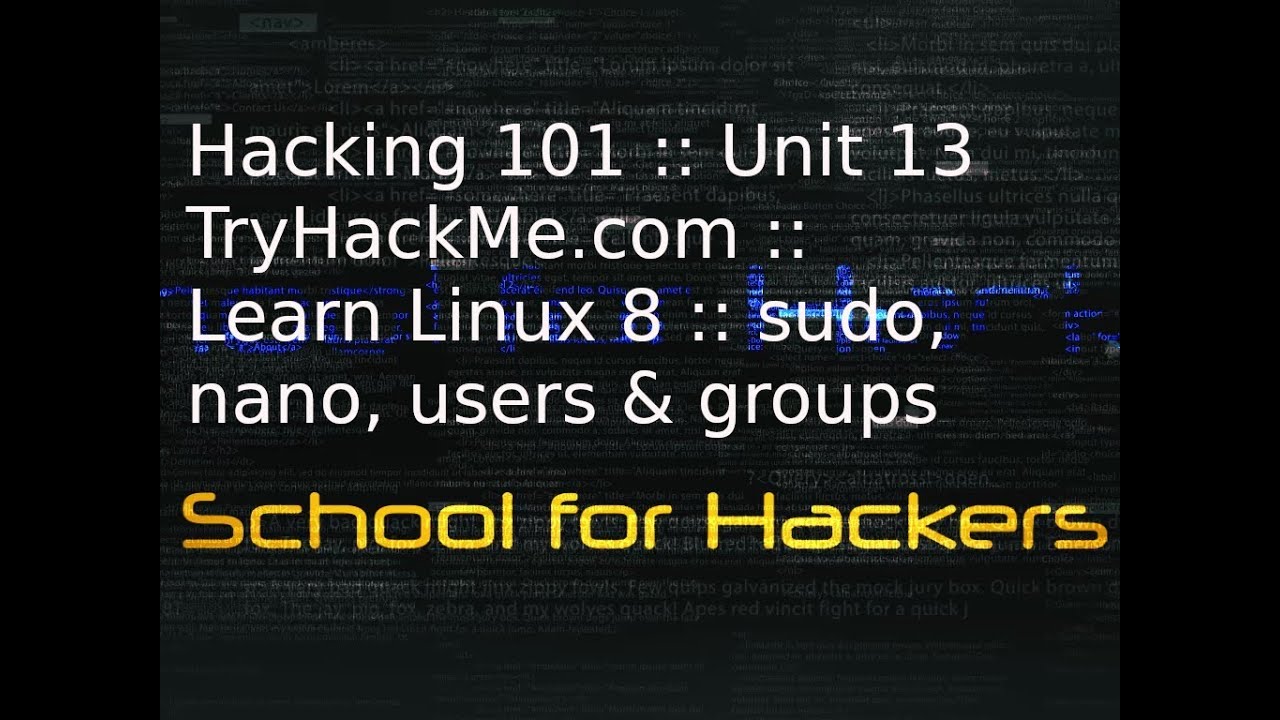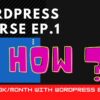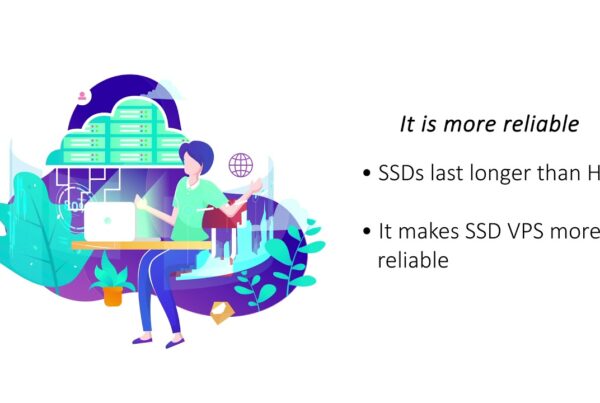You can use sudo consistently when you are not logged in as root. And you should not be logged in as root except if you’re doing some very specific administrative duties – or you happen to be hacking. Sudo is also valuable when you can find a consumer who has sudo privileges. )
Textual content modifying is constant in Linux. Learn nano, and afterwards if you are interested you can study vi and/or Emacs. Here is an introduction.
Assignments: TryHackMe.com (Unit 13)
1. Make a plain text file in your user’s property.
2. Generate a textual content file in the /tmp directory.
3. What file particularly was it that revealed an crucial consumer who can sudo? Discover and search at that file. Who stands out? How could you get a lot more information and facts about them?
4. Consider out the adduser and addgroup instructions. If you get the syntax mistaken, you’ll get a syntax error (practical for finding out to use the instructions suitable). If you get the syntax suitable, you can get a program authorization mistake. Sweet. Think about: when may well it be useful to generate a consumer?
Back links:








Get a start on simple text editing with nano, and learn the sudo command for all those elevated-permissions tasks. At this point you know enough to be dangerous. It's time for you to get your own dedicated Linux box, or a good virtual machine (VM). Keep hacking!